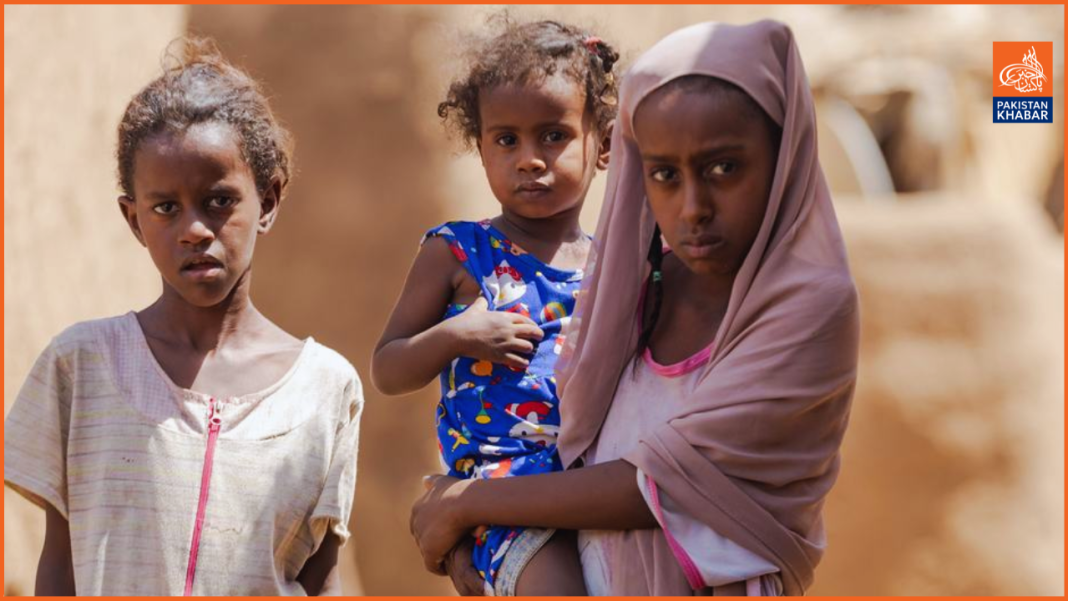The UN on Monday underscored the “staggering” humanitarian crisis in Sudan, identifying it as the only country currently facing confirmed famine.
“Sudan remains gripped by a humanitarian crisis of immense proportions,” Edem Wosornu, director of operations and advocacy at the Office for the Coordination of Humanitarian Affairs (OCHA), informed the Security Council, highlighting the “deeply concerning” spread of famine across the nation.
Wosornu emphasized the severe toll of armed conflict on civilians and aid workers, particularly noting the dire situation in El Fasher, North Darfur State.
“Access to the most critical areas, including those affected by famine, remains a significant challenge,” she reported, while acknowledging “some” recent positive developments.
A convoy of 28 trucks carrying food and supplies reached Khartoum on December 25, marking the “largest UN convoy to the capital since the crisis began.” Despite this progress, Wosornu noted ongoing challenges in obtaining swift visas for humanitarian workers.
Citing the latest Integrated Food Security Phase Classification (IPC) report, Wosornu stated that famine conditions are present in five areas, including Zamzam, Al Salam, and Abu Shouk IDP camps, and the western Nuba Mountains. She warned that five additional locations in North Darfur are at risk of famine by May, with 17 other areas also under threat.
Wosornu reiterated the need for adherence to international humanitarian law, secure and rapid humanitarian access, and increased funding.
Beth Bechdol, Deputy Director-General of the Food and Agriculture Organization (FAO), echoed Wosornu’s concerns, stating that famine conditions in Zamzam camp have persisted and expanded since their initial classification in North Darfur. She warned that failing to act now could endanger millions of lives and regional stability.
Since April 2023, Sudan has been engulfed in conflict between the army and the Rapid Support Forces (RSF), resulting in over 20,000 deaths and displacing more than 14 million people, according to UN and local estimates.




